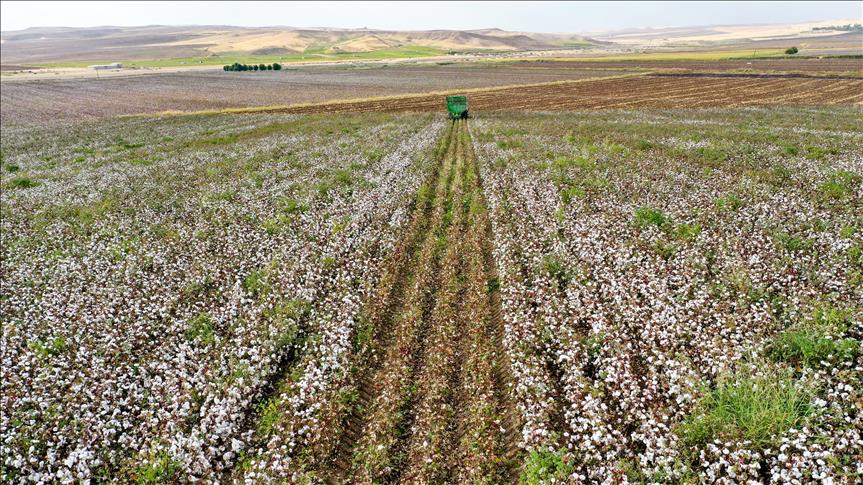Approximately $4 billion in public sector investments will be used for agricultural innovation, including the development of climate-resilient crops and regenerative solutions to improve soil health, all of which will help make resources affordable and accessible to hundreds of millions of farmers, the COP26 Presidency announced on Saturday.
Launched at the 26th session of the Conference of the Parties (COP26) to the United Nations Framework Convention on Climate Change, countries from across the world will set out their commitment to transforming agriculture and food systems through policy reforms, research and innovation to reduce emissions and protect nature, while securing food and jobs.
This commitment includes a pledge to support internationally agreed “Action Agendas” which set out steps that governments, farmers and others can take through policy reform and innovation to deliver the changes necessary for sustainable food systems.
Sixteen countries will launch a "Policy Action Agenda" and more than 160 stakeholders will join a "Global Agenda for Innovation in Agriculture" to lead the way on the global transition towards climate-resilient agriculture and food systems to more sustainable ways of farming.
As part of the UK Prime Minister’s commitment to spend at least £3 billion of International Climate Finance on nature and biodiversity, the UK will launch a new £500 million package to help protect five million hectares of rainforests from deforestation, an area equivalent to over 3.5 million football pitches.
The funding will create thousands of green jobs, including in sustainable agriculture and forestry, throughout rainforest regions and generate £1 billion of green private sector investment to tackle climate change around the world.
- Land-use day in the UK
Forty-five governments, led by the UK, will pledge urgent action and investment to protect nature and shift to more sustainable ways of farming at the COP26 Nature and Land-Use Day on Saturday.
Approximately one-quarter of the world's greenhouse gas emissions come from agriculture, forestry and other land use.
These areas are creating an urgent need to reform the way that food is grown and consumed in order to tackle climate change.
Commenting on the Nature and Land-Use day, Environment Secretary George Eustice, stated that to keep 1.5° Celsius alive, action is needed from every part of society, including an urgent transformation in the way ecosystems are grown and managed and the way food is produced and consumed on a global scale.
By Gulsen Cagatay and Nuran Erkul Kaya in Glasgow, Scotland
Anadolu Agency
energy@aa.com.tr


